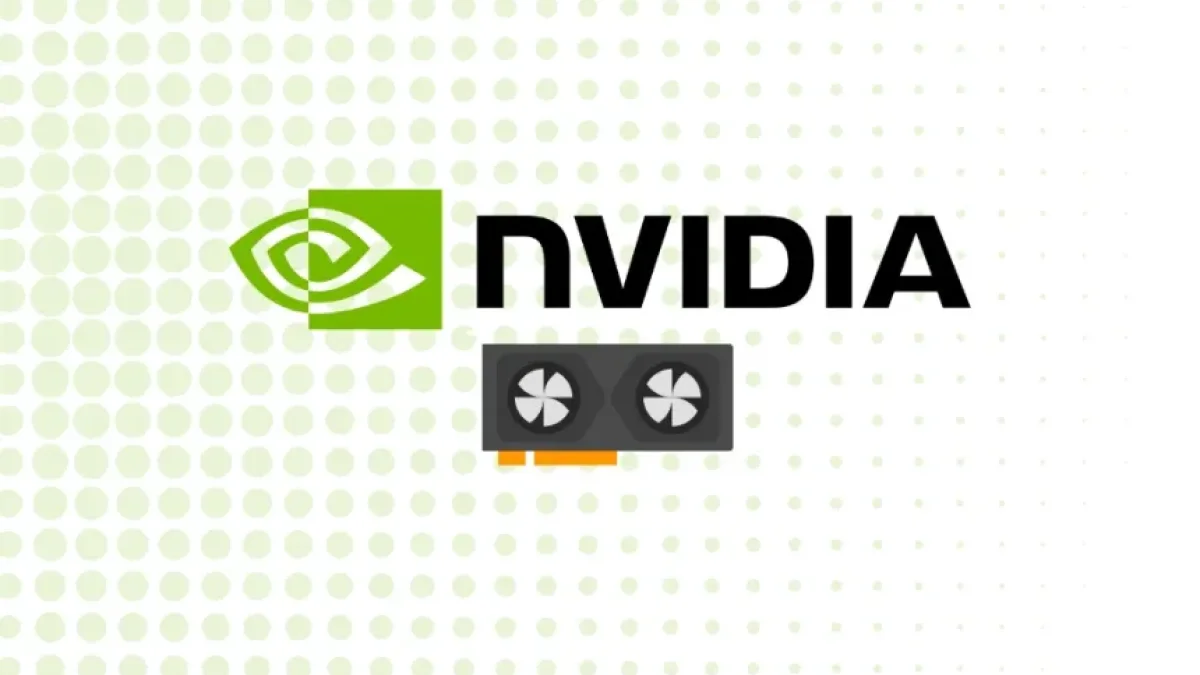How to Create a Hybrid Work Environment with the Best Technological Tools


The digital revolution and the COVID-19 pandemic have transformed the way we work. Nowadays, many companies are adopting a hybrid work environment, where employees have the flexibility to work both from the office and from home. To facilitate this model, it is essential to have the right technological tools. In this article, we will explore how to create an effective hybrid work environment using the best tools available in the market.
What is a Hybrid Work Environment?
A hybrid work environment combines the flexibility of remote work with in-person collaboration in the office. This model offers employees the opportunity to choose where they feel most productive, which can increase job satisfaction and improve talent retention.
Advantages of Hybrid Work
- Flexibility: It allows employees to choose their workplace, helping them balance their work and personal lives.
- Cost reduction: Companies can reduce expenses on office space by having fewer employees working on-site.
- Access to a diverse talent pool: By not limiting the search for talent to a specific geographic location, companies can attract a more diverse group of candidates.
Essential Tools for a Hybrid Work Environment
To create an effective hybrid work environment, it is necessary to have tools that facilitate communication, collaboration, and project management. Here are some of the best tools you can consider.
1. Communications
a. Slack
Read also
Slack is an instant messaging platform that allows teams to communicate effectively in real-time. With specific channels for different projects, Slack helps keep conversations organized and accessible.
b. Microsoft Teams
Microsoft Teams combines chat, video conferencing, and the ability to collaborate on documents in real-time. Its integration with other Microsoft 365 tools facilitates teamwork.
Read also
2. Project Management
a. Trello
Trello is a visual project management tool that allows users to organize tasks using boards and lists. It is ideal for teams looking for a simple way to track project progress.
b. Asana
Asana is a more robust platform that allows managing tasks, projects, and deadlines in greater detail. It offers time tracking and responsibility assignment features, which are useful for more complex projects.
3. Video Conferencing
a. Zoom
Zoom has become a benchmark for video conferencing. It allows online meetings with high audio and video quality and is easily accessible from various devices.
b. Google Meet
Google Meet is another popular option, especially for organizations using Google Workspace. Its integration with other Google tools makes it simple and efficient.
4. Cloud Storage
a. Google Drive
Google Drive offers secure cloud storage and allows teams to collaborate on documents, spreadsheets, and presentations in real-time. It is a fundamental tool for effectively sharing large files.
b. Dropbox
Dropbox is another popular option for cloud storage. Its file synchronization and sharing capabilities are useful for teams working on joint projects.
Best Practices for a Hybrid Work Environment
1. Establish Clear Policies
It is crucial for companies to establish clear policies regarding hybrid work. This includes details about when and how employees should communicate and collaborate, as well as expectations regarding availability.
2. Foster Team Culture
Building a strong culture is essential in a hybrid environment. Setting moments for virtual and in-person activities can help strengthen bonds among team members.
3. Provide Adequate Training
Training employees in the use of digital tools is essential for their success in a hybrid environment. Offering workshops and online resources can help employees feel more comfortable and competent.
4. Evaluate and Adjust
It is important for companies to regularly evaluate the effectiveness of their hybrid work environment and make adjustments as necessary. Gathering feedback from employees can provide valuable insights into what is working and what isn't.
Conclusion
Creating a successful hybrid work environment is not an easy task, but with the right technological tools and best practices in mind, companies can facilitate a smooth transition to this model. The key lies in effective communication, collaboration, and creating a work environment that prioritizes employee well-being. By following these steps, you will be on your way to establishing a hybrid work environment that benefits both the company and its employees.



















